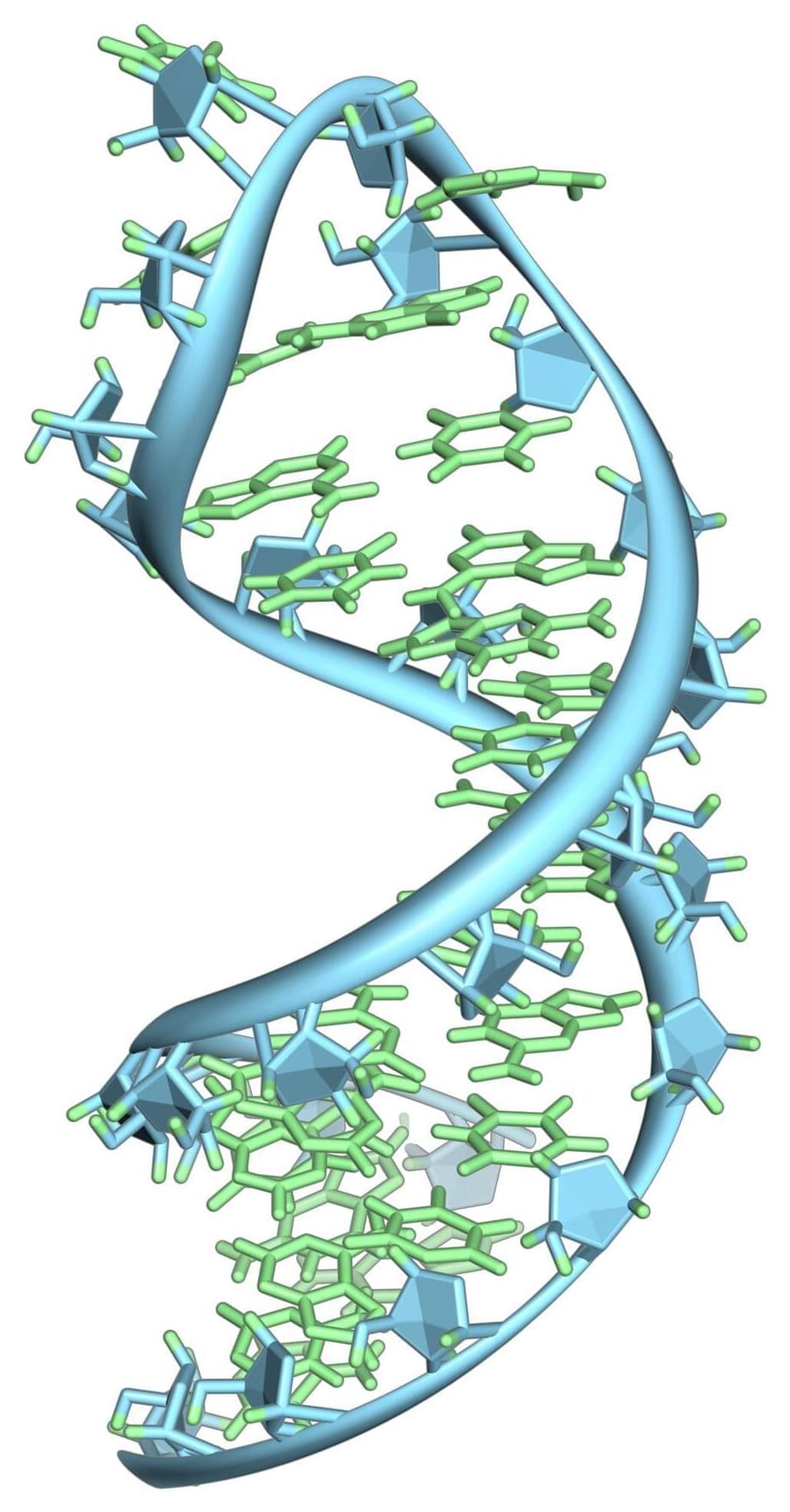Mitochondria are the power plants of cells, and they contain their own genetic material and RNA molecules. Scientists from the German Cancer Research Center (Deutsches Krebsforschungszentrum, DKFZ) have now discovered that certain modifications in mitochondrial RNA boost the invasive spread of cancer cells by supporting protein synthesis in mitochondria. They have established that a specific gene expression signature correlating with high levels of mitochondrial RNA modifications is associated with metastasis and poor prognosis in patients with head and neck cancer. When the researchers blocked the responsible RNA modifying enzyme in cancer cells, the number of metastases was reduced. Certain antibiotics that suppress protein synthesis in mitochondria were also able to prevent the invasive spread of cancer cells in laboratory experiments. The results have now been published in the journal Nature.
Cancer cells in aggressive tumors invade the surrounding tissue in an attempt to form a new tumor in other organs. During this journey, cancer cells have to survive unfavorable conditions such as shortage of oxygen or shortage in nutrients. To overcome these stress factors, cancer cells adapt their energy production accordingly. The molecular mechanisms allowing this flexibility were poorly understood until now. “However, we suspected that this metabolic plasticity must be a key to the successful spread of the cancer cells,” says Michaela Frye; cell biologist at the German Cancer Research Center.
Mitochondria are tiny, membrane-enveloped structures known as the powerhouse of every cell in our body. For energy production, they use the so-called respiratory chain present in the mitochondrial membrane. Because mitochondria contain their own genetic material, they themselves produce key components of the respiratory chain.
